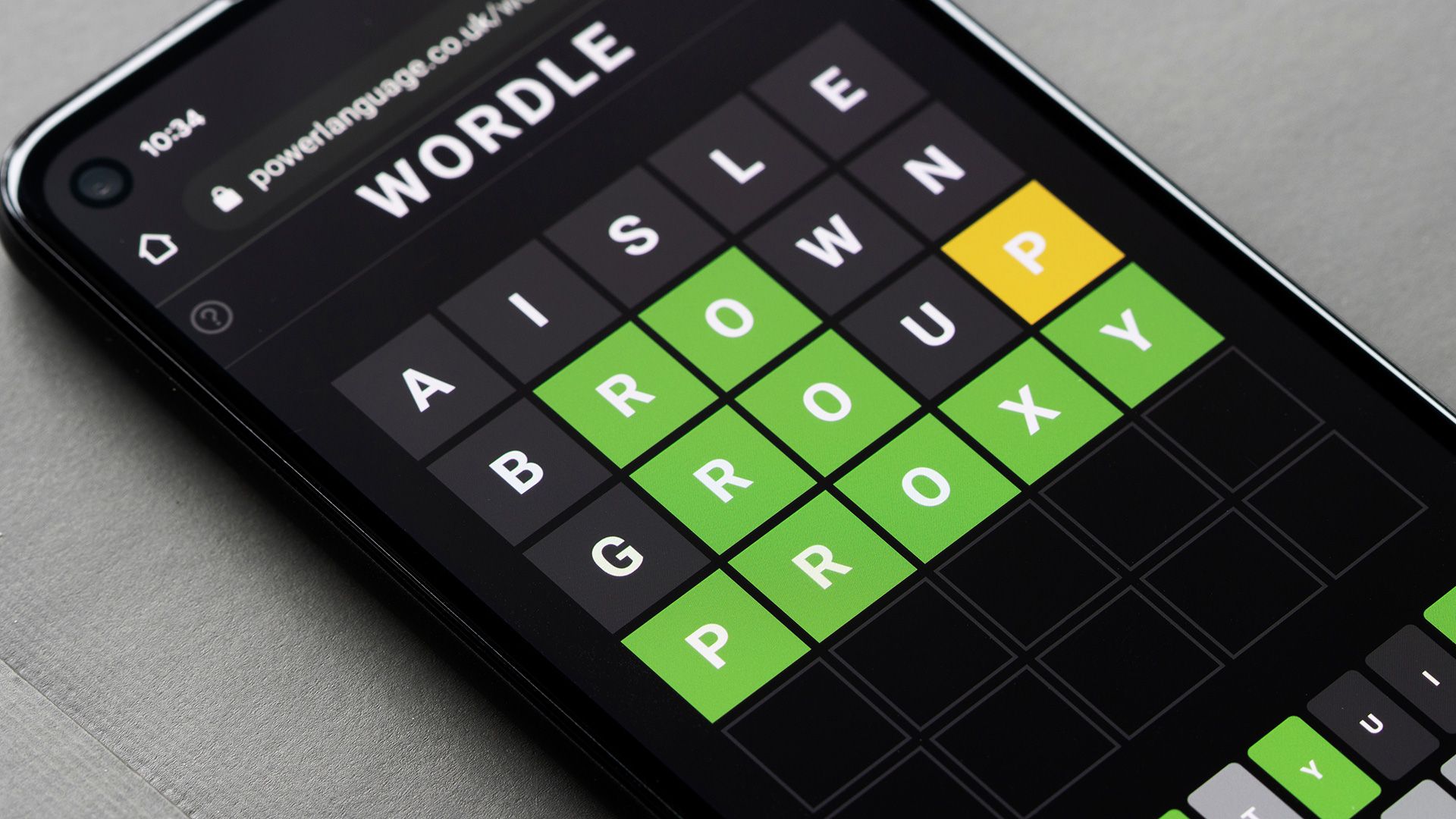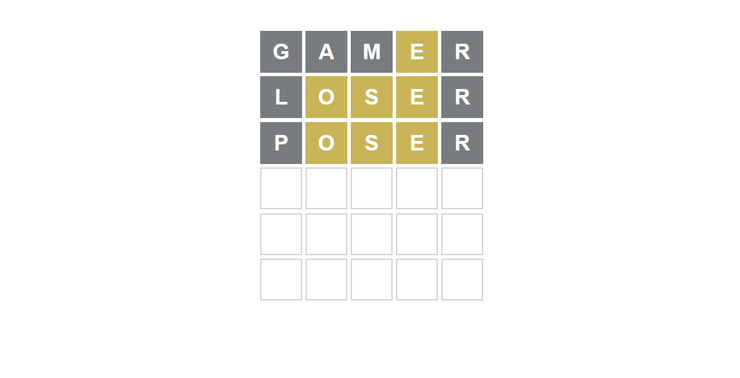Wordle Going Behind A Paywall Misses The Point Of What Makes It So Special
All good things come to an end.
You Are Reading :Wordle Going Behind A Paywall Misses The Point Of What Makes It So Special

Like almost everything in our twisted world, Wordle has succumbed to the whims of capitalism. Earlier this week, creator Josh Wardle announced that he had decided to sell the wholesome guessing game to the New York Times for a healthy seven-figure sum.
Good for him, the man created something that caught the attentive imaginations of millions and earned a worthwhile profit for his genius, although that is a rather steep asking price for an application that has already been replicated countless times while even the current version can be saved to locally to avoid dealing with the inevitable paywall.
It feels like a weird deal, but the New York Times clearly smelt a money trail and wished to jump on Wordle before anyone else did. The publication also helped inspire Wardle to shape the game into what it eventually became, so it’s a fitting second home for the green, grey, and yellow tiles we’ve all become so accustomed to.
But I won’t be playing it when the transition of ownership eventually rears its head. While it has been said that Wordle will remain a free experience for the time being, it will inevitably shift behind a paywall and be inundated with additional features and ideas that simply aren’t necessary. History dictates it must iterate upon itself to maintain relevancy.
The beauty of Wordle is in its simplicity, which is why it caught the attention of so many in the past few weeks. Being able to open our phones before taking a handful of deductive guesses at a single word helped ignite our brains in the morning, encouraging us to share our successes and failures with others without ever unveiling exactly what the answer might be.

In the modern online world, this level of innocent discussion and speculation is almost unheard of, breaking up the doom scrolling with a level of co-operation I wish we saw more of. Now this meaningful idea has been commercialised, like many things are, because it became so proliferated in our online ecosystems that such a shift was near inevitable. That’s why I won’t be playing, since turning Wordle into something to be sought after hurls away everything it initially defined itself as – a game anyone could play with no pressure at all.
When it stops being a case of me opening a browser and jumping to the address, so I can play within a matter of seconds, I’ll tune out, and it will stop being a part of my daily routine. Perhaps that’s a selfish or almost lazy perspective for me to take, but like so many things in the past, Wordle feels like a trend that was always destined to outgrow its humble origins and become something more ambitious, something more willing to strive for economic relevance even if it means leaving behind the initial brilliance that helped it shine so bright.
I was late to the Wordle trend, the mixture of weird blocks on my Twitter feed confusing me until they became so frequent that I had to seek out their purpose for myself. No part of me regrets joining the party, but that same person is willing to walk away before it shifts into something far less wholesome and infinitely more corporate. All good things come to an end I suppose, and Wordle is no exception.
Link Source : https://www.thegamer.com/wordle-paywall-new-york-times-free/
